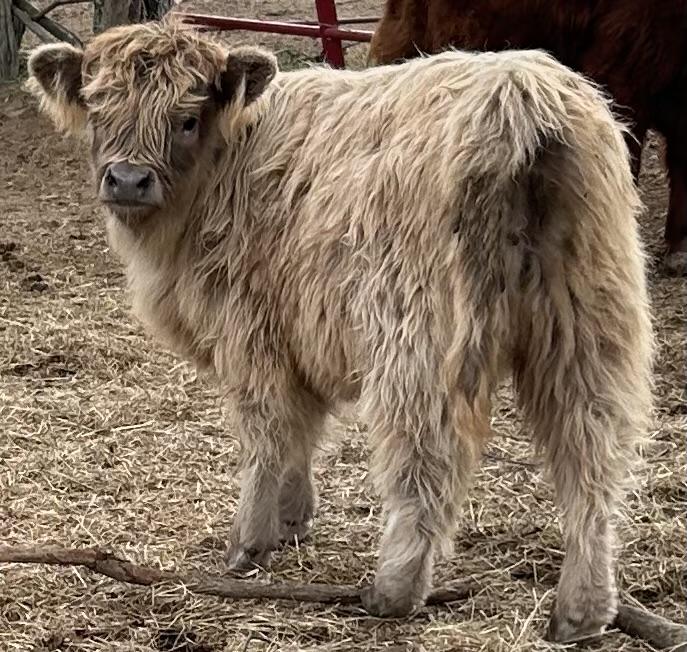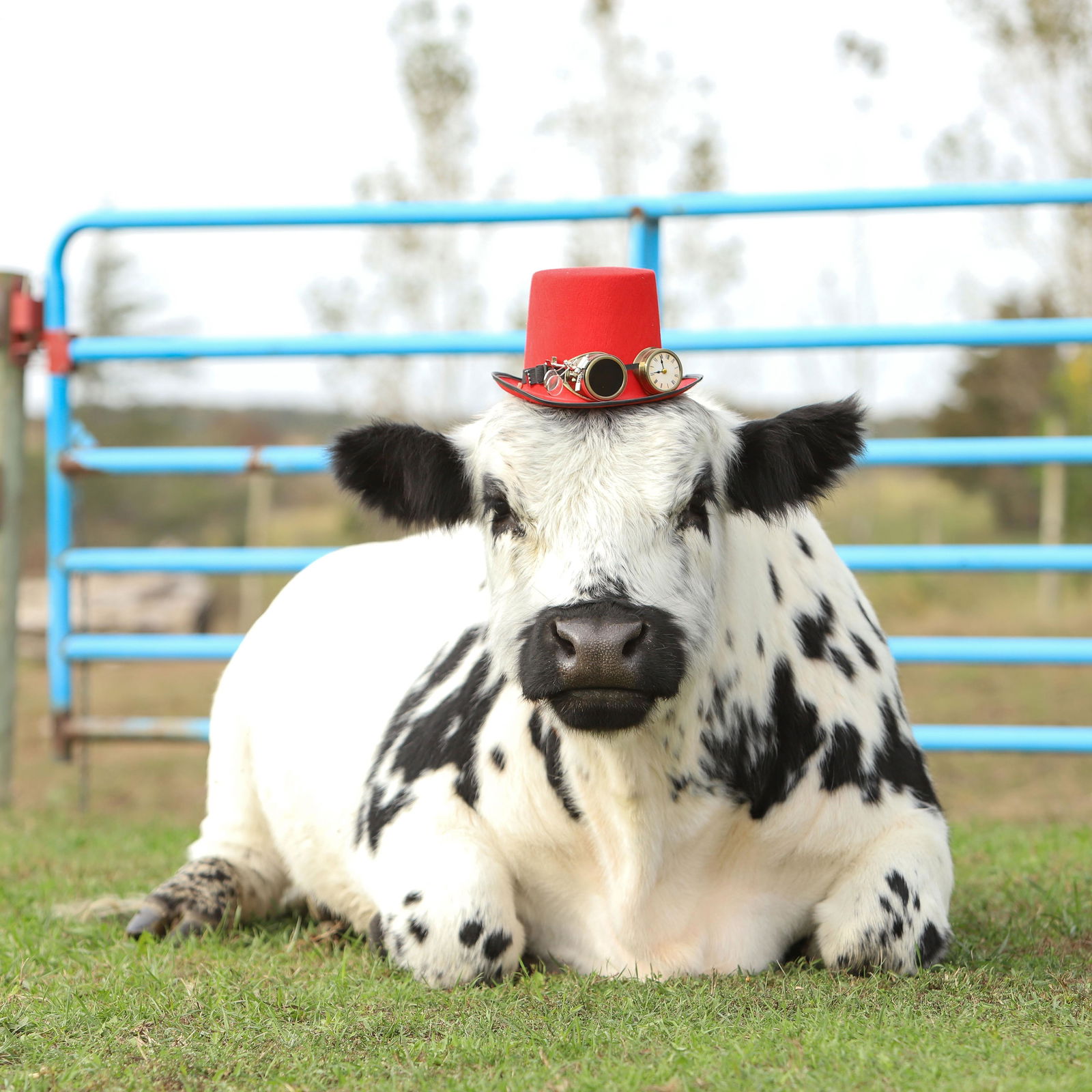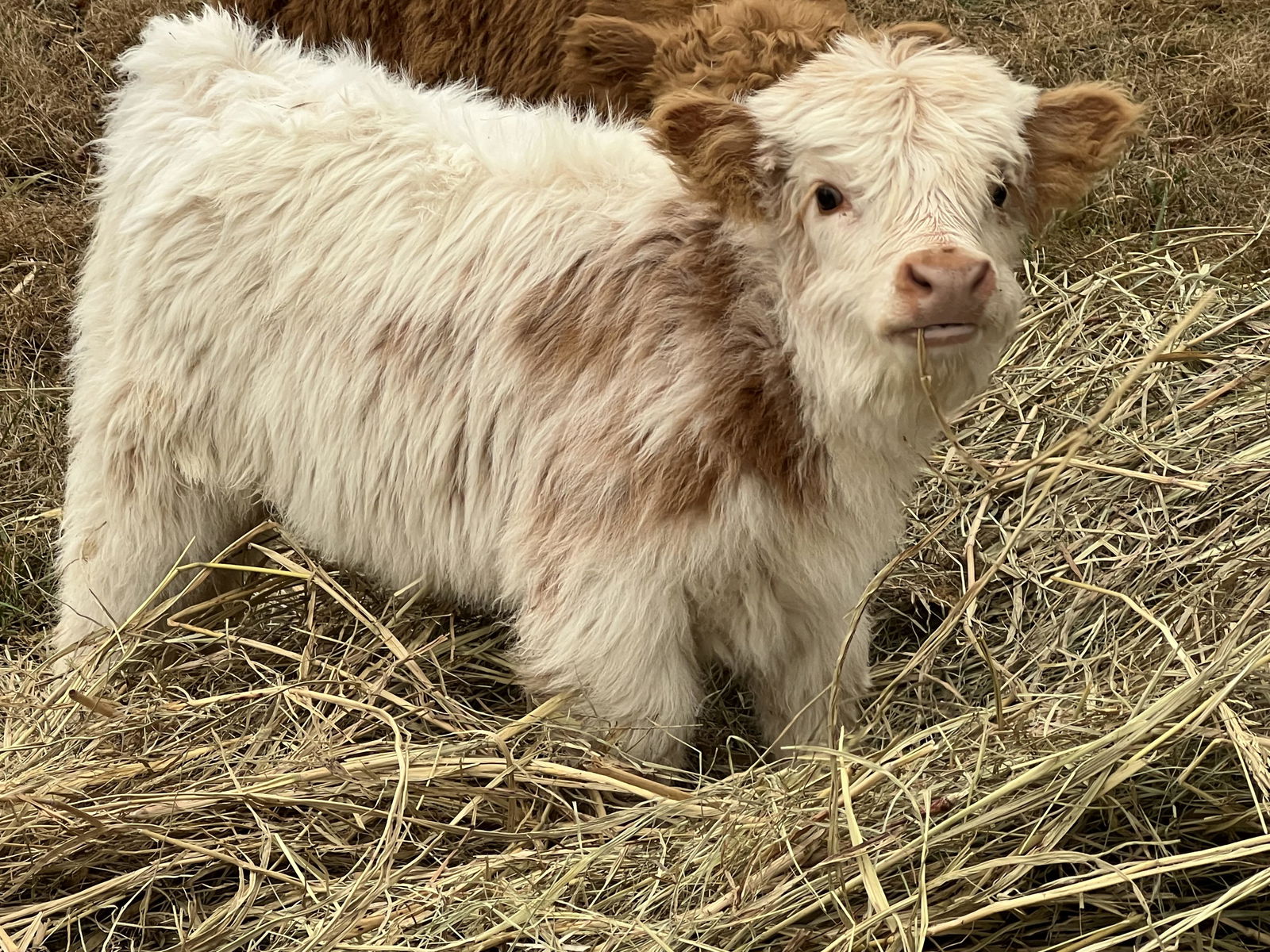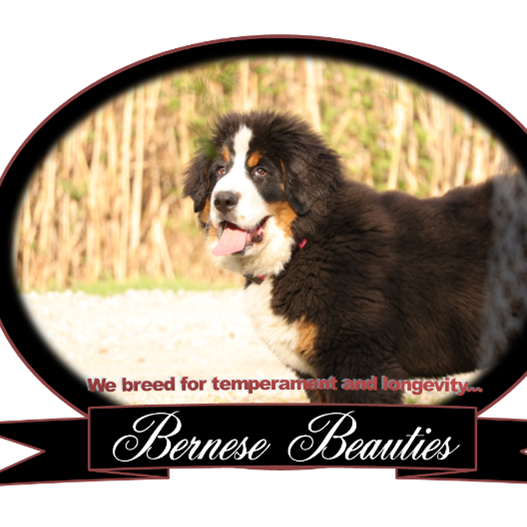
Do Miniature Donkeys Keep Coyotes Away? Understanding Their Protective Instincts
Author: Elliott Garber, DVM
If you’ve got livestock to protect and coyotes prowling around your property, miniature donkeys are unlikely to be your unexpected heroes. Mini donkey really shouldn’t be counted on when it comes to guarding sheep, goats, and other farm animals from predators.
Don’t let their adorable appearance fool you – miniature donkeys are born with a fierce protective instinct. They’ll chase, kick, and even stomp potential predators without hesitation. Plus, their powerful braying serves as a built-in alarm system, warning you and scaring off unwanted visitors before they get too close.
But let’s dive into why these small but mighty guardians may not be as effective as you’d like at keeping coyotes away from your farm.
Understanding Miniature Donkeys as Guard Animals
Miniature donkeys are natural protectors, combining territorial instincts with social smarts to create an effective defense system against predators like coyotes.
Natural Protective Instincts
These compact guardians come equipped with three key protective behaviors:
They constantly scan their surroundings for threats, position themselves between danger and their protected animals, and face unfamiliar situations head-on.
When it comes to the animals they protect, miniature donkeys form tight bonds with their farmyard friends. At the first sign of trouble, they spring into action:
- Their loud braying alerts everyone within earshot
- They’ll fearlessly chase down intruders
- A warning stomp tells predators to back off
- Instead of running away, they stand their ground
Size and Strength Capabilities
Don’t let their small size fool you. A typical miniature donkey stands under 36 inches tall and weighs between 200-350 pounds. That’s significantly larger than a coyote, which usually tops out at 26 inches and 50 pounds.
Their powerful legs can deliver kicks with up to 2,000 pounds of pressure – more than enough to deter even the boldest coyote. Their compact build gives them excellent stability and quick movements, while their sturdy bone structure provides natural protection.
How Miniature Donkeys Deter Coyotes
These small but mighty guardians use several natural defense tactics to keep coyotes at bay.
Territorial Behavior
Miniature donkeys take their security job seriously. They establish and maintain clear boundaries by:
- Regularly patrolling their pasture
- Marking their territory
- Keeping their herd informed of potential dangers
- Strategically positioning themselves between threats and their protected animals
Aggressive Response to Threats
When faced with an intruder, miniature donkeys don’t back down. Their defense strategy includes:
- Ear-splitting brays that serve as warning signals
- Charging at threats with lowered heads
- Powerful strikes with their hooves
- Relentless pursuit of predators until they’re well away from the protected area
Effectiveness Against Coyote Attacks
While miniature donkeys excel at protecting smaller pastures, it’s important to understand both their strengths and limitations.
Success Rate as Guardians
These pint-sized protectors pack quite a punch:
- Their brays can reach 90 decibels – loud enough to wake the whole farm
- Their powerful kicks deliver up to 2,000 pounds of force
- Their constant patrolling creates a protective barrier around livestock
Limitations to Consider
Like any guardian animal, miniature donkeys have their constraints:
- They might struggle against larger coyote packs
- Work best in pastures under 5 acres
- Perform better with a companion donkey
- May need shelter during extreme weather
- Aren’t quite as intimidating as their full-sized cousins
For small to medium-sized farms, these compact guardians prove most effective when they can focus their protective instincts in more contained areas.
Best Practices for Using Donkeys as Guardians
Want to get the most out of your miniature donkey guardian? Here’s how to set them up for success through proper training and smart pasture management.
Training and Socialization That Works
The key to a great guardian donkey starts with proper bonding. Here’s what you need to do:
Start with a small corral (about 30×30 feet) for the first 2-3 weeks. This controlled space lets your donkey and livestock get comfortable with each other naturally.
Keep things simple during this time:
- Watch feeding times to make sure everyone plays nice
- Don’t hesitate to remove a donkey that shows aggression
- Stick to basic care – too much human attention can be distracting
- Keep dogs away to avoid mixed signals
Setting Up the Perfect Pasture
Your mini donkey pasture setup can make or break your donkey’s effectiveness as a guardian:
Create a secure space with:
- Strong fencing at least 5 feet high
- Clear fence lines free of tall vegetation
- High spots where your donkey can keep watch
- Shelters that work for both donkey and livestock
- Pastures under 20 acres (smaller is better)
- Water sources placed away from fences
- Good lighting in key areas for night protection
Alternative Guardian Options
While miniature donkeys have their place, it’s worth knowing about other guardian animals that might better suit your needs.
How Other Guardians Stack Up
Livestock Guardian Dogs (LGDs):
- Form deep bonds with their herds
- Cover more ground
- Handle multiple coyotes
- Excel in large pastures
- Stay alert 24/7
Standard-Sized Donkeys:
- Stand taller at 56+ inches
- Show stronger protective instincts
- Pack more physical power
- Handle threats more effectively
- Cover larger areas
Guard Llamas:
- Stand an impressive 5.5-6 feet tall
- Spot trouble from far away
- Sound distinct alarm calls
- Chase off predators effectively
- Need minimal special training
For quick comparison:
- Mini donkeys work best in 1-5 acres
- Standard donkeys can handle 10-20 acres
- LGDs excel in 20+ acres
- Guard llamas manage 10-15 acres effectively
Conclusion
Miniature donkeys might look the part, but they’re generally not a reliable choice as livestock guardian animals. While they do have natural protective instincts and can be territorial, their small size and social nature limit their effectiveness against serious predators like coyotes.
They may act defensively in some situations, especially in smaller, well-fenced pastures with minimal threat. But relying on a mini donkey as your primary defense strategy is risky, especially if you have valuable livestock or live in an area with aggressive predators.
If you’re considering one, know that they do best in calm environments, ideally with a companion, and shouldn’t be expected to perform like a guard dog or full-sized guardian donkey. For real protection, it’s best to look into more proven options like livestock guardian dogs or standard donkeys.
Miniature donkeys make wonderful companions—but they’re better suited for company than for coyote control.

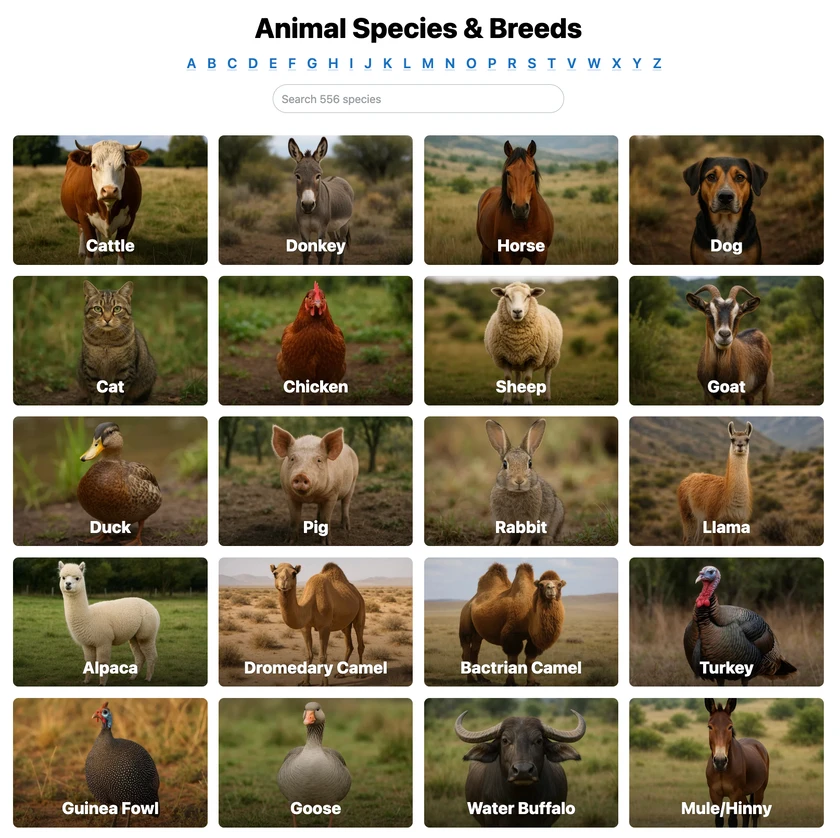 All Species & Breeds
All Species & Breeds
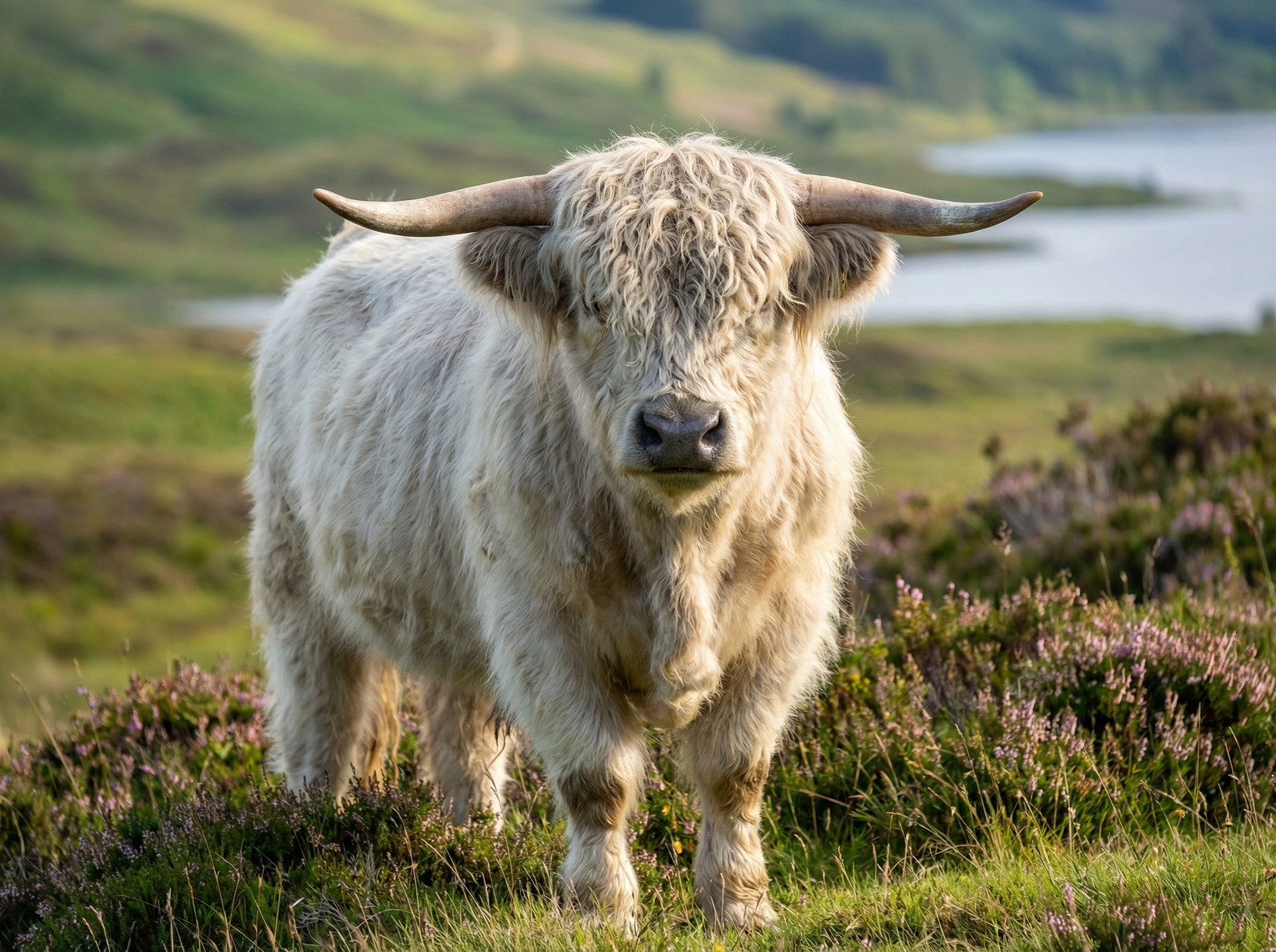 Highland Cattle
Highland Cattle
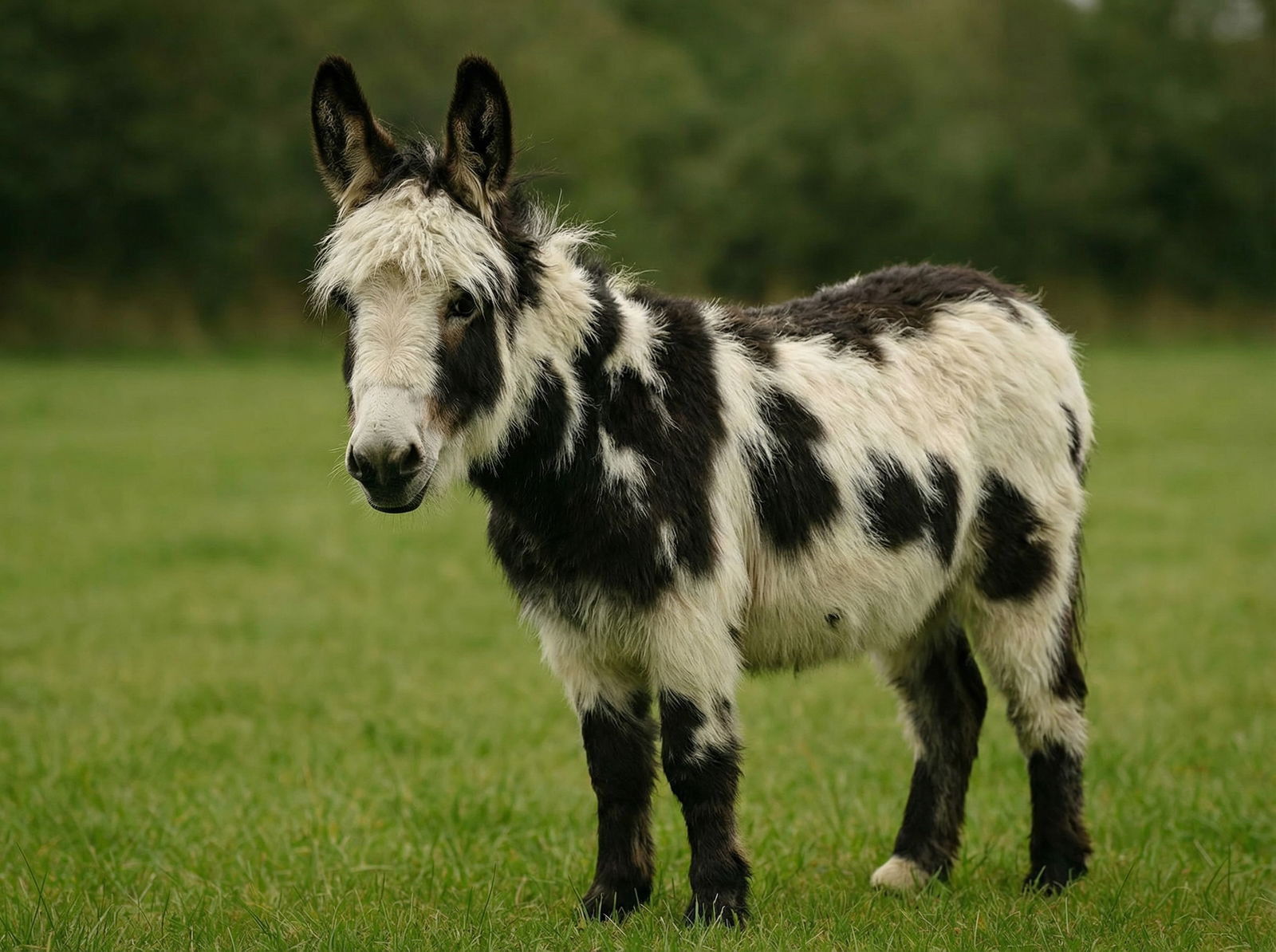 Miniature Donkeys
Miniature Donkeys
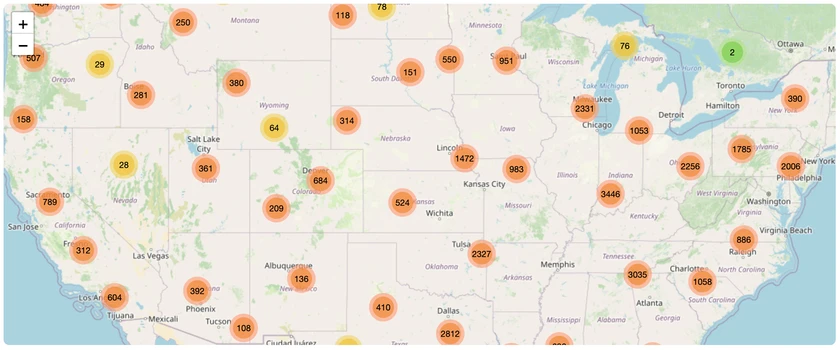 All Species Directory
All Species Directory
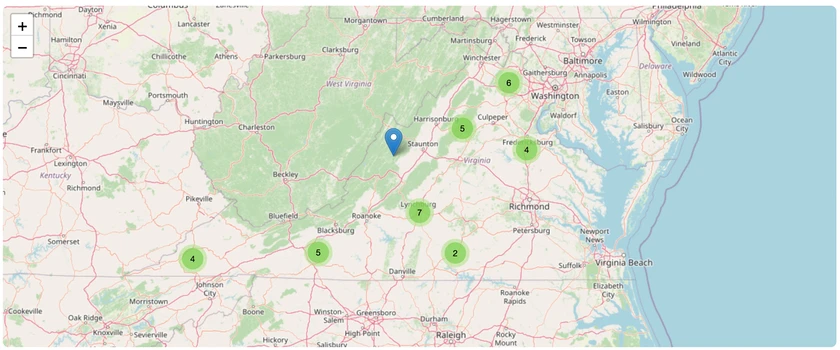 Highland Cattle in Virginia
Highland Cattle in Virginia
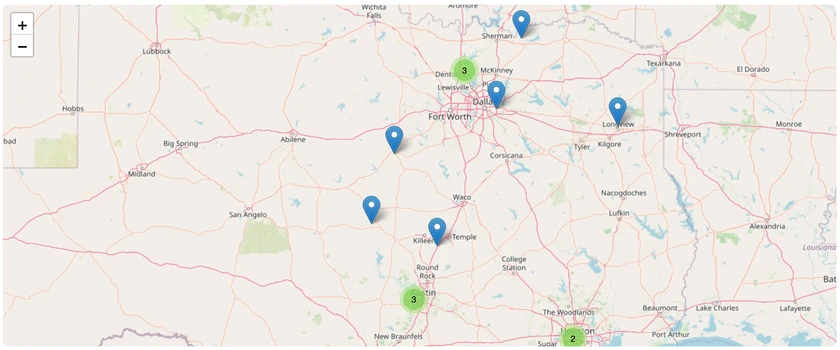 Miniature Donkeys in Texas
Miniature Donkeys in Texas









